Beneath the China Boom - by Julia Chuang (Paperback)
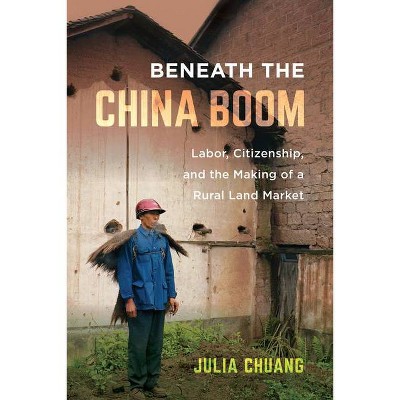
Similar Products
Products of same category from the store
AllProduct info
<p/><br></br><p><b> About the Book </b></p></br></br>"For nearly four decades, China's manufacturing boom has been powered by the labor of 287 million rural migrant workers, who travel seasonally between villages where they farm for subsistence and cities where they work. However, local governments have pivoted away from manufacturing and toward urban expansion and construction as a development strategy. As a result, at least 88 million rural people have lost rights to village land. In Beneath the China Boom, Julia Chuang follows the trajectories of rural workers once supported by a village welfare state and now landless. The book provides a view of the undertow of China's economic success, and the periodic crises-a rural fiscal crisis, runaway urbanization-that it first creates and then must resolve"--<p/><br></br><p><b> Book Synopsis </b></p></br></br>For nearly four decades, China's manufacturing boom has been powered by the labor of 287 million rural migrant workers, who travel seasonally between villages where they farm for subsistence and cities where they work. Yet recently local governments have moved away from manufacturing and toward urban expansion and construction as a development strategy. As a result, at least 88 million rural people to date have lost rights to village land. In <i>Beneath the China Boom, </i>Julia Chuang follows the trajectories of rural workers, who were once supported by a village welfare state and are now landless. This book provides a view of the undertow of China's economic success, and the periodic crises--a rural fiscal crisis, a runaway urbanization--that it first created and now must resolve.<p/><br></br><p><b> From the Back Cover </b></p></br></br>"This book does exactly what it promises, revealing the local-level dynamics and the human dimensions of the greatest socioeconomic transformation in history. Through an ethnography of the villages and networks through which urban construction workers are recruited, Chuang provides a rich and theoretically powerful story of how land and labor have been intertwined in the making of China's boom. Weaving together politics, class, gender, and local state institutions, <i>Beneath the China Boom</i> stands as a seminal sociological account of how macro-level forces have to be understood through changing social relations. This is a must-read for all scholars of China, development, and sociology."--Patrick Heller, Lyn Crost Professor of Social Sciences, Brown University <p/> "Julia Chuang addresses one of the most important questions of our day--the changing social foundations of Chinese economic expansion, its future development as well as the reasons for its past success. A brilliant, multi-sited ethnography of the shift from migrant labor to land expropriation, whose findings will reverberate around the Global South."--Michael Burawoy, University of California, Berkeley <p/> "A rare ethnography that strikes the right balance between micro- and macro-level analysis."--Ho-Fung Hung, Wiesenfeld Professor in Political Economy, Johns Hopkins University<p/><br></br><p><b> Review Quotes </b></p></br></br><br><b> "</b><i>Beneath the China Boom </i>is an excellent example of unlocking large-scale social processes through multisited ethnography."-- "American Journal of Sociology"<br><br><p>"This book is an outstanding new contribution to the literature on China's urbanization as well as on socioeconomic development more broadly. Moreover, it is a very engaging read. I would highly recommend it to experts, scholars, as well as students from related disciplinary backgrounds."</p>-- "Asien: The German Journal on Contemporary Asia"<br><p/><br></br><p><b> About the Author </b></p></br></br><b>Julia Chuang</b> is Assistant Professor of Sociology at Boston College. <br>
Price History
Price Archive shows prices from various stores, lets you see history and find the cheapest. There is no actual sale on the website. For all support, inquiry and suggestion messages communication@pricearchive.us
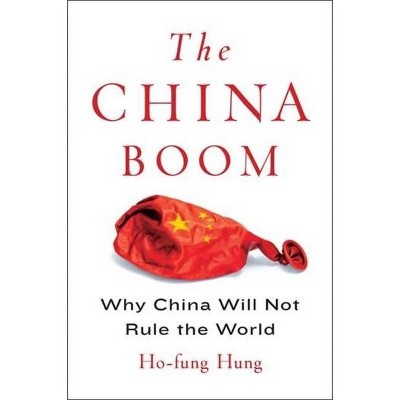

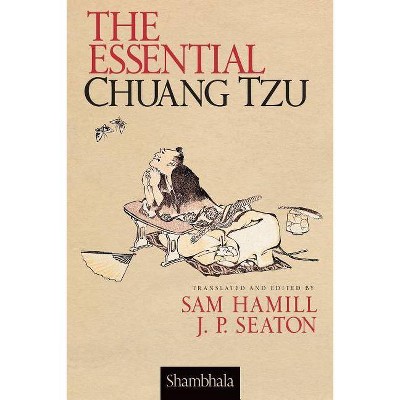

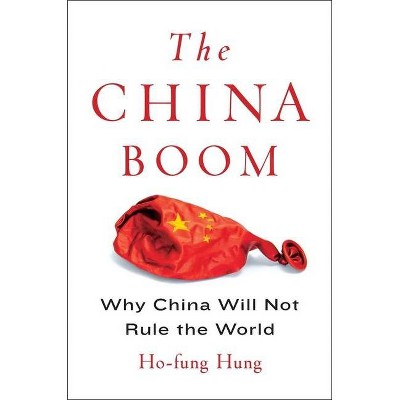

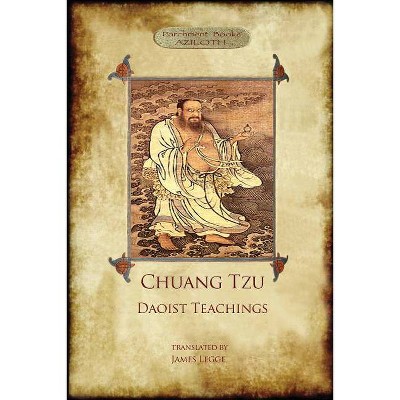
![Boom Boom Boom: The Going Going Going Remixes [LP] - VINYL](https://pisces.bbystatic.com/image2/BestBuy_US/images/products/3376/33763551_sa.jpg)












